Top Album‑Review Platforms Every Music Lover Should Bookmark
The amount of new records released every Friday can be foolishly large. Album review sites provide reassurance and context while you reclaim your time, offering critiques and pathways to discovery that'll help you find music you'll enjoy, and perhaps push you a little out of your comfort zone. Below you will find a new list of essential destinations that blends some well-known ones with ones you might not already know, handpicked by our staff. One trusted mainstay remains front and center, while other alternative voices replace some of the usual suspects to keep it interesting.
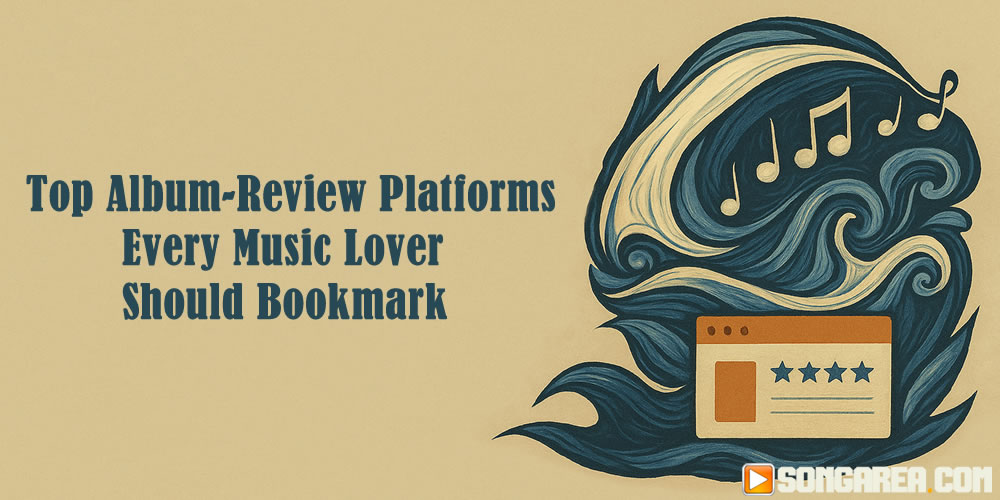
Pitchfork
An indie-leaning digital zine at its inception in 1996, Pitchfork is now considered one of the most influential music publications in the world. With rating scales ranging from 0 to 10, noted for exact and critical reviews, the site tends to be a significant voice for new music, setting the tone for how new albums are embraced or rejected in both fan and industry circles. The "Best New Music" tag can work wonders to lift an artist into the limelight, but a not-so-glowing review in the best of times can discourage.
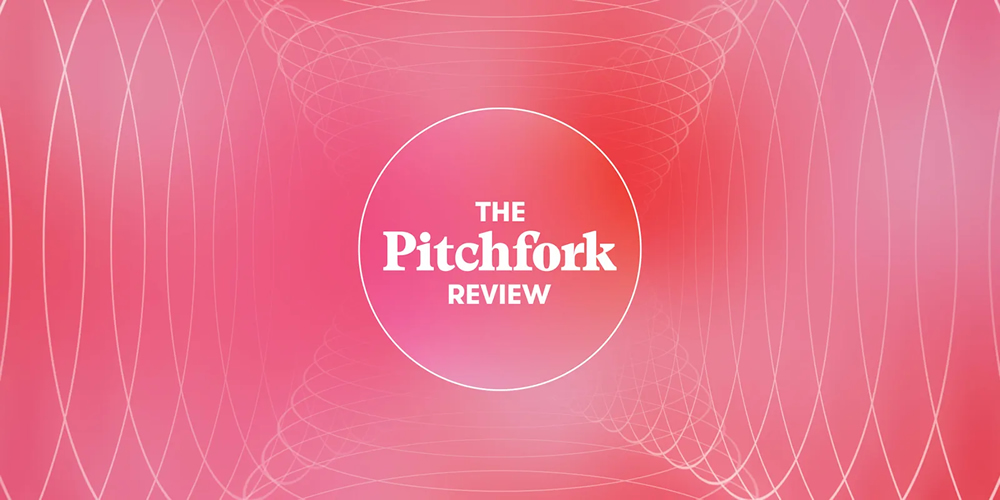
What sets Pitchfork apart is a commitment to critical depth. It means the writers delve into a record's subtleties, including lyrics, production choices, cultural references, and the material's place in its historical context. The entire crew can flesh out the significance behind a Kanye West sample, while also tracing an ambient album's lineage back to Brian Eno, making everyone who considers music as more than just background noise stake a claim to Pitchfork reviews.
Music Review World
Music Review World is dedicated to honest, cross-genre criticism and presents hits with the same gusto as their obscured EP brethren. The editors offer a bit of contextual depth to readers, providing the album's history and the socio-political climate at the time, without getting too academic.
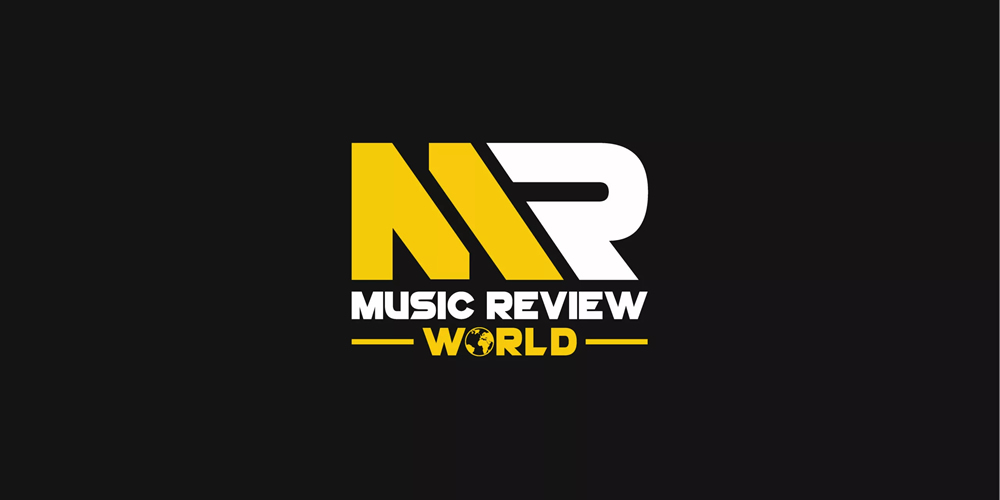
The Staff Picks section rotates weekly, which is useful for listeners wanting new releases but still want the vetting done for them. These pieces feature big-label tripe and independent material, are presented in context, and support a review method that is fair to everyone, where the music's quality is more important than its marketing.
Metacritic
Within this particular ecosystem of review generation, Metacritic serves a singular function: instead of generating an editorial opinion on its own, it collects scores from a plethora of professional outlets. Scores are assigned to each album as weighted averages out of 100, allowing for an intuitive tool to be found that can identify where a consensus lies at a glance. This makes the format quite apt at signaling whether an album is universally praised, unpopularly criticized, or just a much-despised masterpiece.
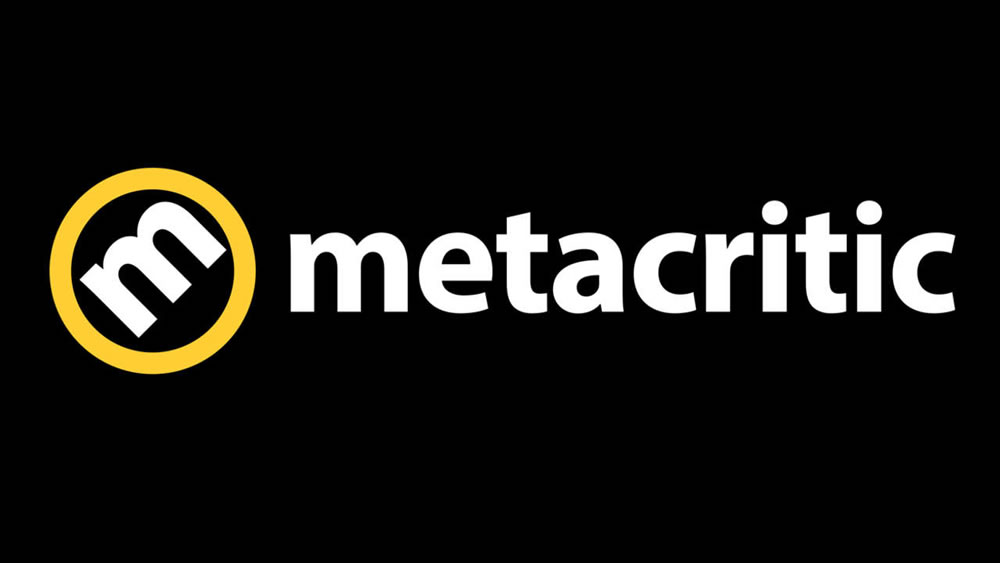
Each review is also time-stamped on Metacritic, showing the shifting sentiment regarding an album through time. So, if you're considering listening to an album that came out a few months ago, you can check if the buzz is still there or if the reviewers have cooled off since then. It cuts through the noise when you have such limited time on your hands.
Bandcamp Daily
Bandcamp Daily provides the editorial side of Bandcamp's music store, which is artist-friendly. It encompasses a diverse range of genres and scenes worldwide while highlighting artists and micro-scenes that are overlooked by the broader media landscape. Bandcamp Daily takes a curious approach to the world of music and music makers by shining light on music that may otherwise go undiscovered—from crafty lo-fi bedroom pop music to forgotten field recordings.

What makes Bandcamp Daily particularly powerful is its direct connection to the Bandcamp platform. Articles usually have embedded tracks and easy purchase links, so everything is just one click away from discoverability and support. It's truly music journalism with purpose: not just celebrating sound, but also directly empowering people who create it.
Consequence
Once, it was largely a music blog with an emphasis on reviewing little local bands; it has transcended all of that into an all-encompassing entertainment site. While the media face and extended purview of Consequence include the realms of film, television, and pop culture, their heartbeat is still music, so much so that every album review on the site is written with style, peppered with cultural insight, and sprinkled with sharp commentary on sound and structure.
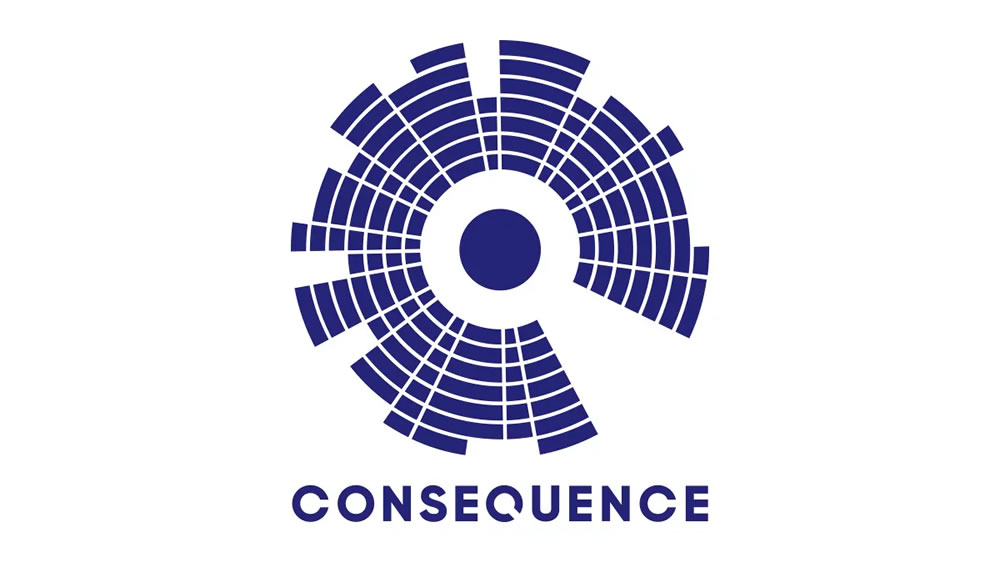
One of the shining stars in their roster is the "Album of the Week," which shines light on notable releases that may otherwise be overlooked in the avalanche of new music. Hence, the podcasts, which feature artist interviews and roundtable discussions, complete their truly all-encompassing approach to music appreciation.
Clash
Born in print as the luxe gloss of UK print magazines, Clash transformed over time into a digital-first publication. Stylistically, its reviews are diverse and open-ended, ranging from trap to folk-noir. Often, the writing leans toward poetic, attempting to recreate the music's emotional landscape rather than merely penetrating it.
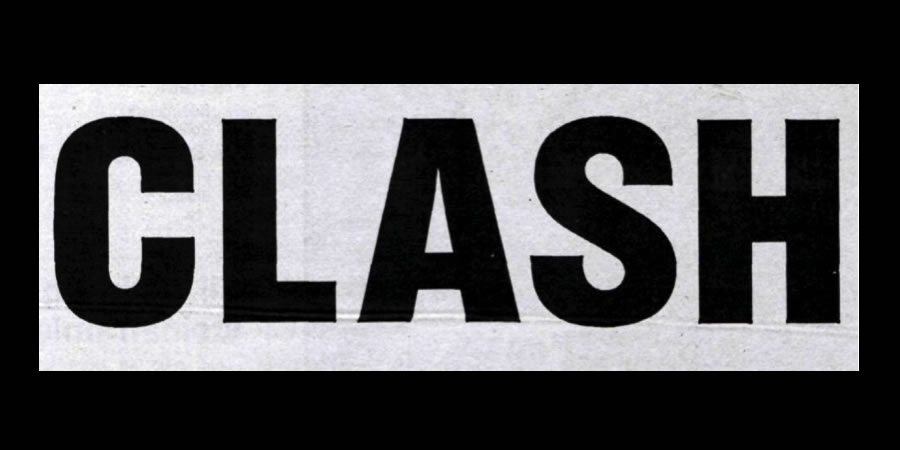
Besides written reviews, Clash also curates playlists and seasonal roundups, including a quarterly "New Music Playlist" that highlights the best tracks across different genres. Their yearly "Albums of the Year" list is positioned carefully to recognize records that have become household names, along with indie gems, giving a wide and fulfilling view of the entire musical world.
Most‑Reviewed Albums & Standout Tracks
Certain records transcend demographics, earning column inches (and megabytes) across every major outlet:
- Michael Jackson – Thriller (1982)With “Billie Jean” and “Beat It” just being masterclasses of pop storytelling and production, you can be sure the album will almost always pop up on "greatest of all time" lists.
- Pink Floyd – The Dark Side of the Moon (1973)The sonic journey begins with a heartbeat opening "Speak to Me" and winds through a melody-soaked "Us and Them." The album is frequently mentioned in discussions about the perfection of concept albums.
- The Beach Boys – Pet Sounds (1966)Innovations in multitrack harmony and orchestration lie behind “God Only Knows” and “Wouldn’t It Be Nice,” inspiring everyone from The Beatles to Animal Collective.
- Kendrick Lamar – To Pimp a Butterfly (2015)The fusion of jazz, funk, and spoken word, they would not shy from unflinching commentary on race and identity; Lamar's artistry was cemented to Pulitzer standards with "Alright" and "King Kunta."
- Fleetwood Mac – Rumours (1977) Raw interpersonal tension channels through “The Chain” and “Dreams,” making it a soft rock staple and case study in cathartic songwriting.
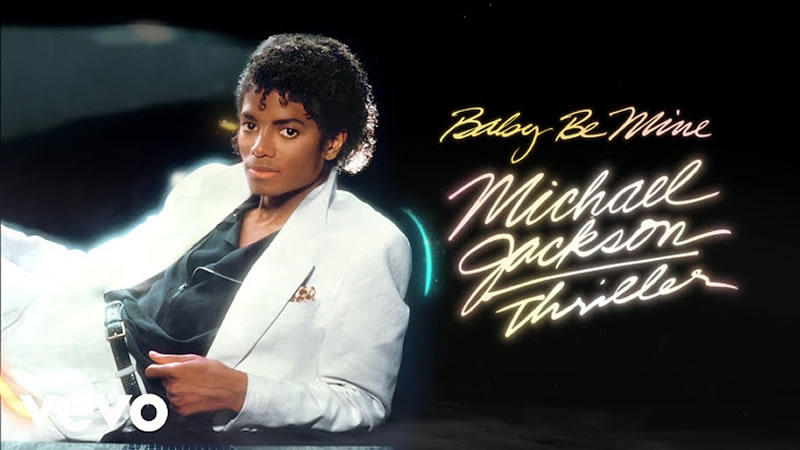
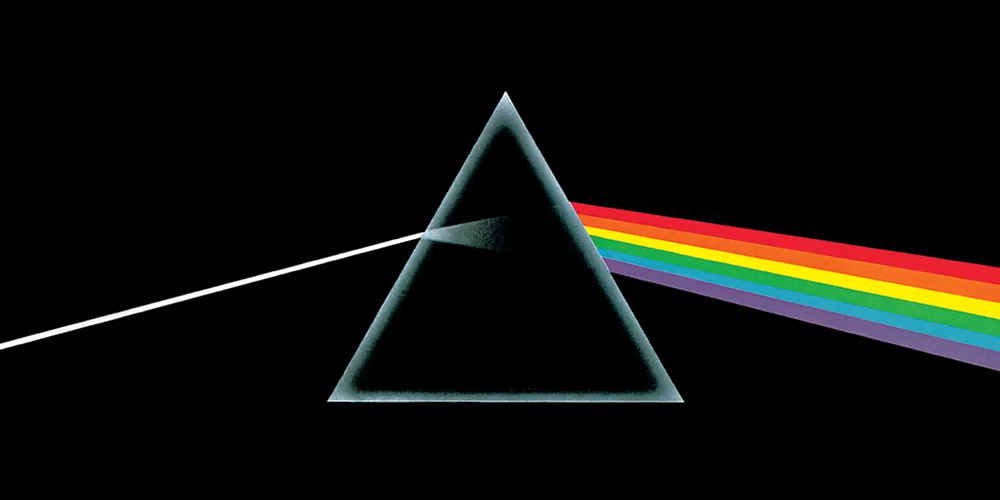
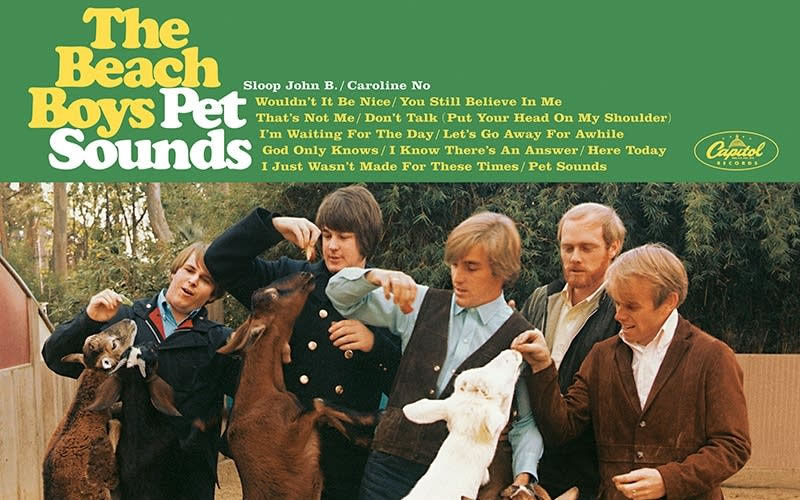
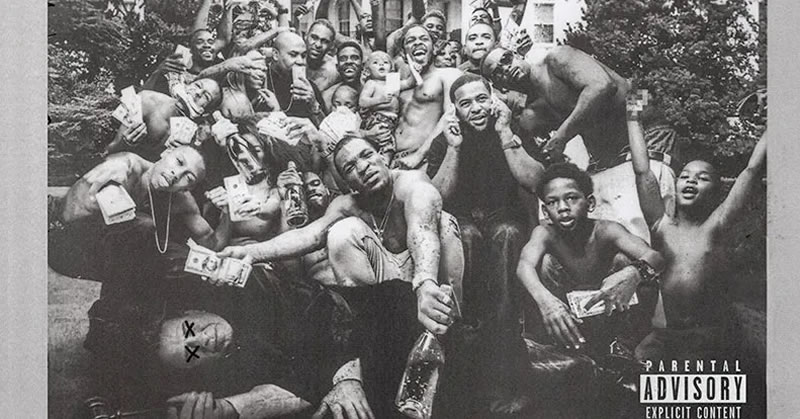
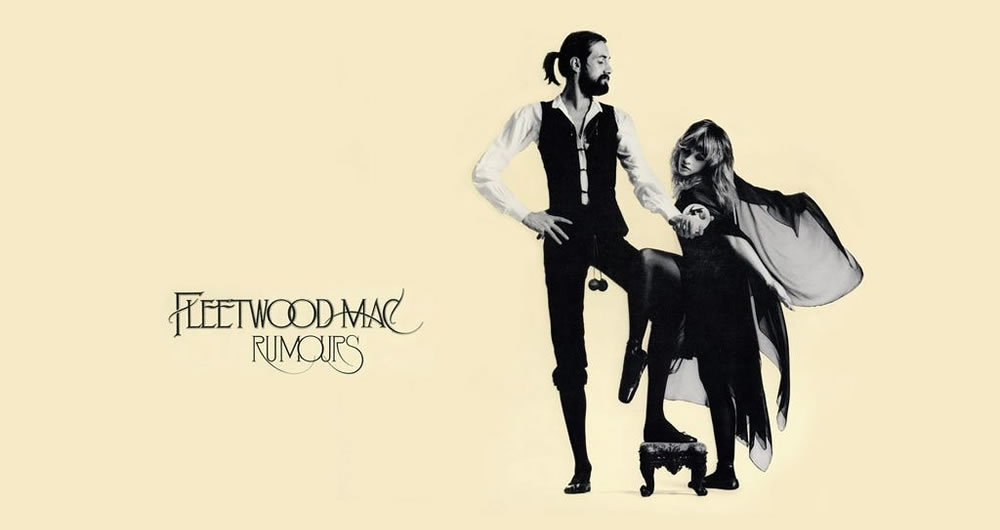
Exploring the above sites for these albums will provide different lenses through which to critique them—historical, technical, and sociological—that can bring a change in perspective to a veteran fan.
The Lasting Impact of Online Album Criticism
Although streaming algorithms are useful, they are opaque and driven by commercial interests. Human reviewers (and well-curated aggregation services) account for aspects that algorithms miss: they celebrate music's role in cultural movements, amplify under-represented voices, and challenge echo-chamber listeners. When you're seeking tomorrow's cult classic or simply reliving a cherished work, album-review platforms provide maps and magnifying lenses that enhance the exploratory pleasure of musical exploration.
So, bookmark a few of the outlets above, take a few breaks exploring their back catalogs, and let their reviews guide you toward your next sonic obsession.








